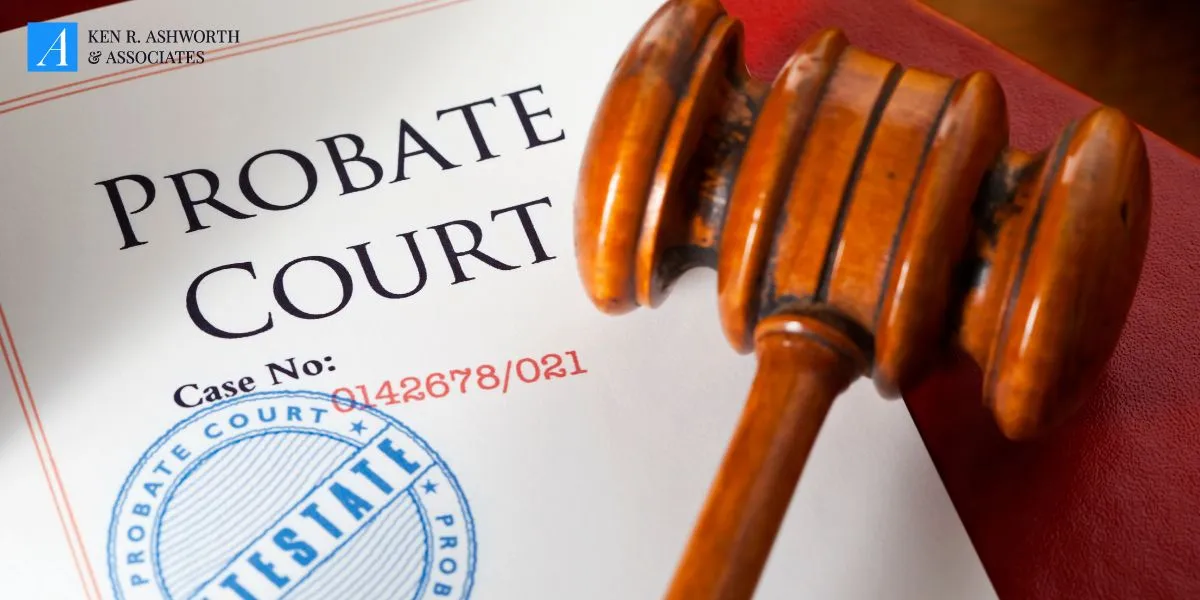Request your Consultation
Posted on September 15, 2024 in probate
Attending to legal matters in probate court can be expensive and time-consuming. Understandably, people want to avoid putting their family members through court hearings and meeting with lawyers while also grieving their loss. This may leave you wondering, do you have to go through probate in Nevada?

Probate is a legal process overseen by a court to validate a will, transfer assets, and settle the affairs of a decedent’s estate. If there is no will, a similar process is performed, but assets are distributed based on Nevada law.
Many of the decedent’s assets are subject to probate, including real estate, personal property such as jewelry, furniture and vehicles, bank accounts, investments, and business interests.
Whether or not probate is necessary in Nevada will depend on:
Fortunately, there are strategies you can employ to help your family avoid probate in the future. Some key strategies are:
A: Generally, yes, probate is required in Nevada, but with a few exceptions. If the value of the decedent’s estate is below a certain amount (depending on the types of assets involved) or if the decedent prepared their assets through TOD accounts, POD beneficiaries, or in a revocable living trust, this could limit the impact of probate on an estate.
A: If a person passes away without a will, the state’s intestacy laws will determine how their assets are distributed. Generally, Nevada’s laws typically direct the assets to be distributed to a surviving spouse and children. If there are neither, the assets will go to parents, siblings, grandparents, or more distant relatives.
A: In Nevada, probate costs usually include attorney’s fees, court fees, and executor’s fees. The court fees will depend on what proceedings are involved to administer the will. To get a better understanding of how much probate will cost for your situation, you should consult with an attorney who can provide a breakdown of the potential expenses and help you plan for the costs.
A: The time it takes for an estate to go through probate will depend on how complex the estate is, including how many assets and debts it has, if the will is being contested, or how long it takes for the beneficiaries to settle. The probate court’s case backlog also impacts the timeline. A simple, uncontested probate in Nevada is often much quicker, while complex estates can take longer to finalize.
A: A common misconception is that having a will can allow you to avoid probate. While a will outlines the decedent’s wishes for the distribution of their estate, it does not automatically bypass the probate process. The probate court will use the will as a guide to ensure that the assets are distributed as intended to the beneficiaries.
You can help to ensure your family’s financial future with the help of a knowledgeable estate planning attorney. By creating a tailored estate plan, your assets can bypass the time-consuming and costly probate proceedings. Your attorney can guide you through important decisions such as creating a will, establishing trusts, and designating beneficiaries for your assets.
A proper estate plan can simplify the distribution of your estate after your passing and provide you with peace of mind, knowing that your intentions will be carried out. The probate process can be overwhelming if you are unfamiliar with it. Let the experienced attorneys at Ken R. Ashworth & Associates handle the complexities. Contact us today to schedule a consultation and learn how we can help you with estate planning and navigating the probate process.